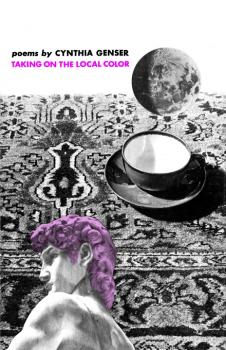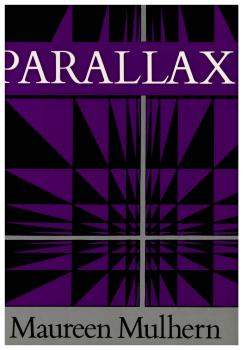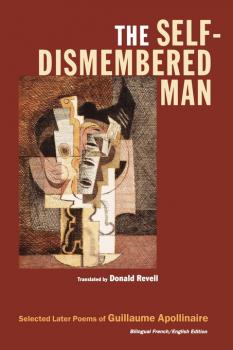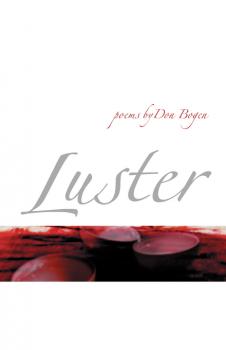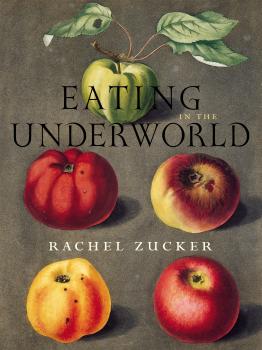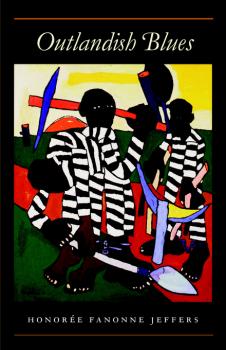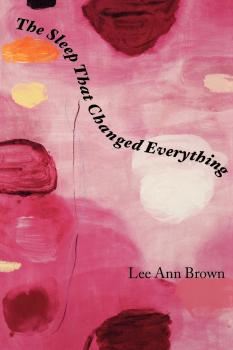Поэзия
Различные книги в жанре ПоэзияTaking on the Local Color
<P>Cynthia Genser's landscapes, like those of D.H. Lawrence, are analogues of human emotions; her men and women exist in their effects-prototypes one minute, passionate and distinctly visible individuals the next. Person and place invite the reader into an adventure that begins and ends everywhere.</P><P>The language employed throughout is voluptuous, sensuous, yet precise. The appeal is to all the senses as well as to reason and intelligence: the poems, seamed with a difficult, sweaty beauty, stimulate every pleasure center. But pure language play also leads to hard, intelligent sense.</P><P>Of her own work, Cynthia Genser has said, «Although I belong to no special school or group, I align my poetry with the work of others aiming their metaphors at the banality and reductionism of our world-at the terror or planned obsolescence, Vogue Magazine, the threat of nuclear warfare. I cannot agree more with the Marxist Henri Lefebvre that poetry is the enemy and eventual victor in the war against 'terrorism' and the terrorist society we now live in.»</P>
Parallax
<P>A parallax (the apparent displacement or change caused by the position of observation; alteration—Oxford English Dictionary) is a perception. The perspective here radically shifts from a person perceiving to a person interpreting. Maureen Mulhern builds on images: a fish twisting at the tail, the merciless rain, a cold translucent hand; and these images gather into a cyclical, fluid perception: «such complete light passing/Through two bodies; a moment/of suspension, efore a wave leans/Into the next wave, descending back, a slight/Vertigo of gravity between us.»</P>
Continued
<P>Continued is a selection of poems by Piotr Sommer, spanning his career to date. A kind of poetic utterance, these «talk poems» are devoid of any singsong quality yet faithfully preserve all the melodies and rhythms of colloquial speech. Events and objects of ordinary, everyday life are related and described by the speaker in a deliberately deadpan manner. Yet a closer look at the language he uses, with all its ironic inflections and subtle «intermeanings,» reveals that the poem's «message» should be identified more with the way it is spoken than with what it says. The poems in this volume were translated into English with the help of other notable poets, writers, and translators, including John Ashbery, D.J. Enright, and Douglas Dunn.</P>
Door in the Mountain
<P><B>Winner of the National Book Award in Poetry (2004)</B></P><P>Since the 1965 publication of her first book, Dream Barker, selected for the Yale Younger Poets Award, Jean Valentine has published eight collections of poetry to critical acclaim. Spare and intensely-felt, Valentine's poems present experience as only imperfectly graspable. This volume gathers together all of Valentine's published poems and includes a new collection, «Door in the Mountain.»</P><P>Valentine's poetry is as recognizable as the slant truth of a dream. She is a brave, unshirking poet who speaks with fire on the great subjects—love, and death, and the soul. Her images—strange, canny visions of the unknown self—clang with the authenticity of real experience. This is an urgent art that wants to heal what it touches, a poetry that wants to tell, intimately, the whole life.</P>
The Self-Dismembered Man
<P>Guillaume Apollinaire's final years exactly coincided with the clamorous advent of European Modernism and with the cataclysms of WWI. In The Self-Dismembered Man, poet Donald Revell offers new English translations of the most powerful poems Apollinaire wrote during those years: poems of nascent surrealism, of combat and of war-weariness. Here, too, is Apollinaire's last testament, «The Pretty Redhead,» a farewell to the epoch that he—as poet, convict, art-critic, artilleryman and boulevardier—did so much to conjure and sustain until his death on Armistice Day in 1918. Readers of Apollinaire's more familiar early work, Alcools (Wesleyan, 1995), will find here a darker and yet more tender poet, a poet of the broken world who shares entirely the world's catastrophe even as he praises to the end its glamour and its strange innocence. This English translation, facing the original French, illuminates Apollinaire's crucial and continuing influence on the European and American avant-garde. The volume includes a short translator's preface.</P>
Eating in the Underworld
<P><B>Winner of the Strousse Award fro Best Group of Poems (2002)</B></P><P>In Rachel Zucker's re-imagining of the Greek myth, Persephone is a daughter struggling to become a woman. Unlike the classical portrait of a maiden kidnapped by a tyrant, Zucker's Persephone chooses to travel to the Underworld and assume her role as Hades' queen. Caught between worlds—light and dark, innocence and power, a mother's protection and a lover's appeal—Persephone describes the strangeness of the Underworld and the problems of transformation and transgression. The arrangement of Zucker's poems reflects Persephone's travels between the Underworld and the Surface. Both spare and lyrical, they are written as entries in Persephone's diary and as letters between Persephone, Demeter, and Hades. The language—strange, urgent, direct—is pulled and changed as Persephone journeys from one world to another revealing the struggle of unmaking and remaking the self.</P>
The Sleep That Changed Everything
<P>Offering both subtle and immediate pleasures, Lee Ann Brown's generous new book extends her unmistakable, original voice, every bit as Southern as it is avant-garde, gracious without being naive. Abounding in a playfulness of style, including songs and ballads, the poems in The Sleep That Changed Everything are by turns funny, serious, insightful and moving. Botanical and scientific language are used here as collage elements to chart cycles of desire and emotional transformation. Brown is committed to Whitman's idea that we all have many selves; thus her work embraces the immediacy of the New York School, the personal and literary wildness of the Beats, the word play and political astuteness of Language poetry and an eroticism all her own. In poems that are both highly literate and plain-spoken, Brown makes the life of the soul directly available in all its renegade garb.</P>

